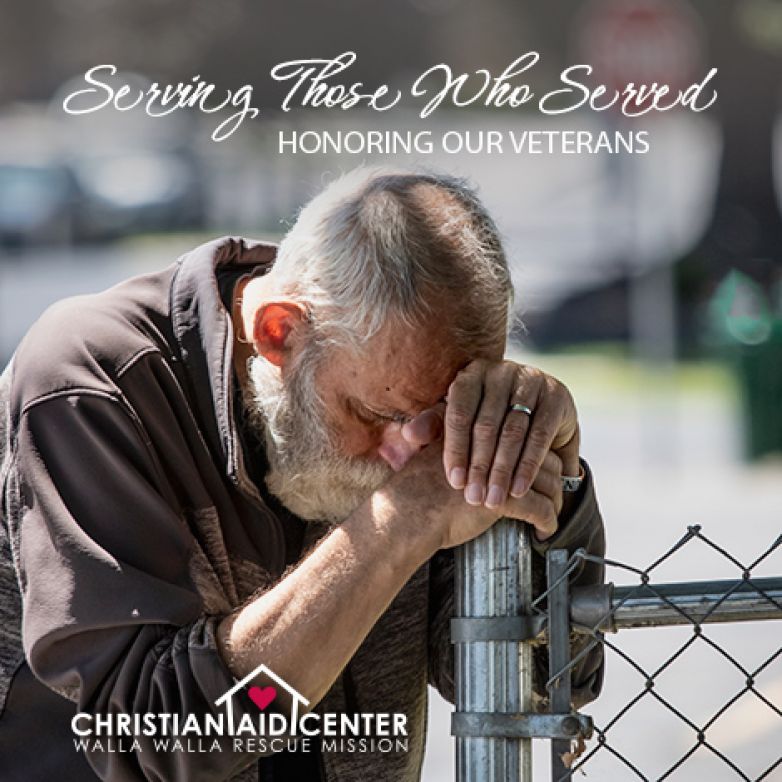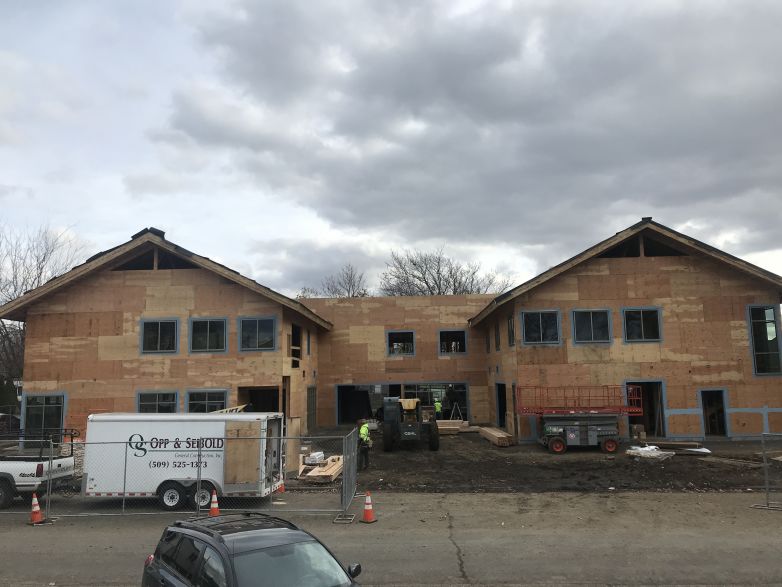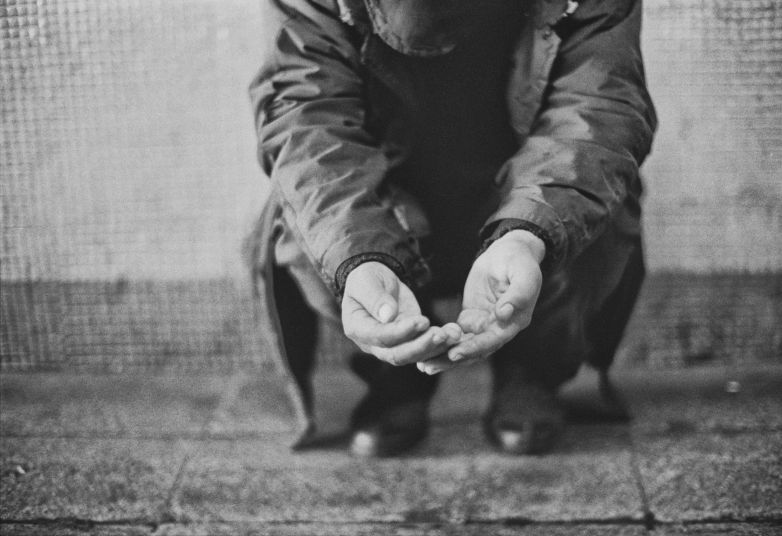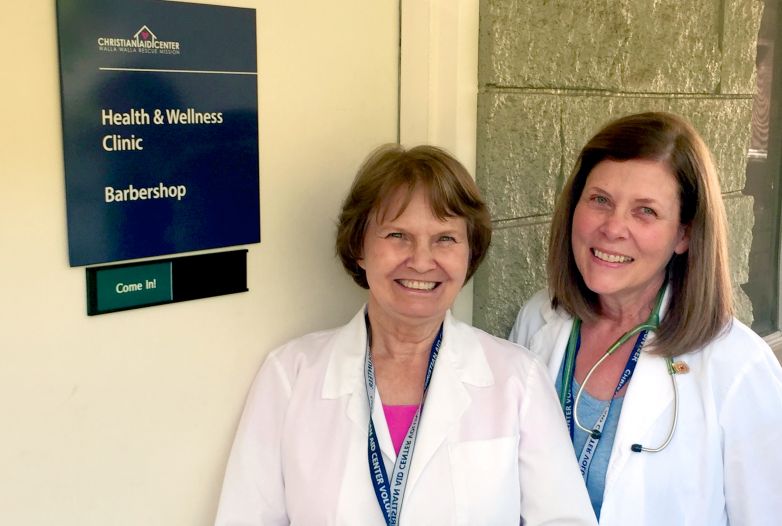This article was published in the Walla Walla Union Bulletin as a guest editorial on Sunday, October 9, 2016
With all the recent attention the subject of homelessness is getting in our community, I’m often asked what are some ways to help the homeless. So, as someone who has worked with this population for nearly 20 years at the Christian Aid Center, here are my suggestions on how you can REALLY help the homeless.
First of all, one of the best things you can do is to understand how they got there in the first place. In most cases, homelessness is just a symptom of bigger problems in someones’s life. Struggles such as addiction, mental illness, domestic violence, criminal record, poverty, lack of job skills, or emotional scars can result in a person experiencing homelessness.
I’m very proud of how compassionate our community is and how we rally together when there is a need. However, handing out resources such as food, blankets, tents or clothing directly to people; brings challenges of its own and doesn’t provide dignity. It only makes them more comfortable in their situation. It doesn’t give them hope or the tools for overcoming their circumstances. And frequently, these resources end up being used for trading or purchasing drugs, alcohol or sexual favors. Instead, take resources to the organizations that already have systems established to distribute them to the ones that need them most.
Another thing I love about our community is that no one has to ever go hungry here. There are a number of churches that provide free lunches from Monday through Saturday. And at the Christian Aid Center we offer hot and nutritious breakfast and dinner daily for anyone in need—totaling more than 37,000 meals each year. Also, local food banks provide boxes with groceries.
Making sure the most vulnerable are safe is another thing you can do for the homeless. Women, the elderly, and—especially—children should live in a safe environment away from sexual offenders, people under the influence and criminal activity. Refer homeless individuals to a shelter like the Christian Aid Center or the YWCA (for victims of domestic violence) where they will be safe and removed from negative influences.
The other day, one of our staff members approached a woman panhandling at a busy intersection. Her young son was playing at her feet. A sign indicated they were homeless and needed help, so the staff member offered to take them back to the Christian Aid Center. Sadly, she declined because she wouldn’t be allowed to continue using drugs while staying at our shelter. And besides, her child had someone with whom to play at the homeless campground.
This is one regrettable example of why you shouldn’t assume claims by homeless individuals are always accurate. And you shouldn’t assume homeless people have never been offered housing or shelter. Unfortunately, not everyone is ready to give up destructive habits and embark on the hard work of change. But for those who do desire change, offer them real change, not spare change. Which brings me to the subject of panhandling.
Instead of giving to panhandlers, I suggest giving to the agencies in town which already serve the poor and homeless. Often these agencies already know the individuals and are in a better position to determine what kind of help will improve their lives.
So really, when it comes down to helping the homeless, the most important thing is to do it with a long-term strategy. Someone living in homelessness didn't get in that predicament in five minutes, so showing up and dropping off stuff with a five minute conversation isn’t going to fix it. They need someone willing to have a long-term relationship with them. They need someone that can provide support and accountability.
You can do this by getting involved with one of the many nonprofits in town who are experienced in helping this population. I know we couldn’t do what we do at the Christian Aid Center if it wasn’t for the more than 275 monthly volunteers. They serve food, care for children, teach classes, cut hair, collect food, provide basic medical care and organize donations.
So, to REALLY help the homeless, understand the root of the problem, don’t make them comfortable in their situation, treat them with dignity, make sure they are safe, support the organizations already in place to help them, and contribute your time or money.
All of these things should be done in the spirit of stopping the cycle of homelessness. It will benefit them, their innocent children, and our incredible community.
And one last thing. If you ever want to see for yourself what the Christian Aid Center does to really help the homeless, please call us to schedule a Discovery Tour of our campus.
Jason Wicklund has been executive director of the Christian Aid Center since 2006.





